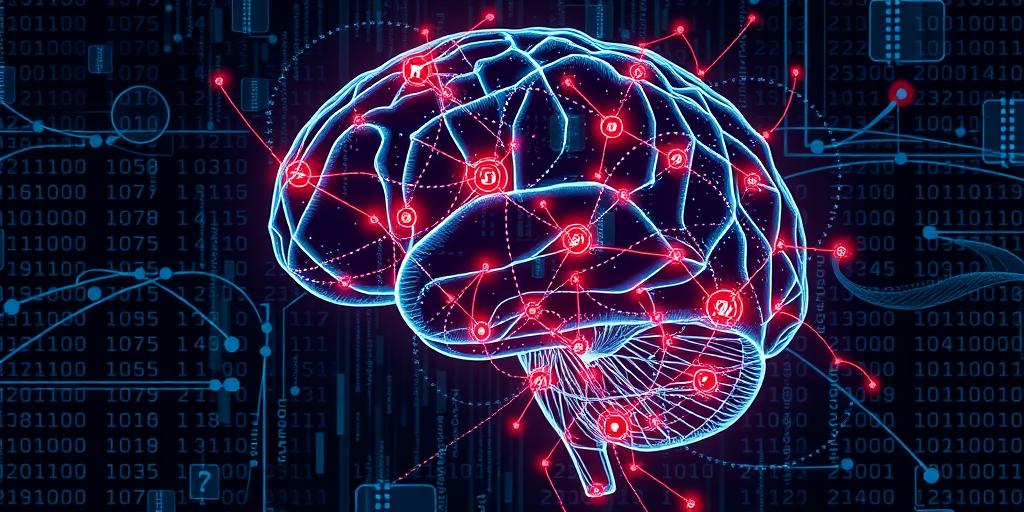Neuralink, Elon Musk's neurotechnology company, is developing implantable brain-computer interfaces (BCIs) with the ambitious goal of enabling humans to interact directly with computers using their thoughts. While the potential benefits of this technology are immense, there are also legitimate concerns that need careful consideration.
The Promise of Neuralink:
- Medical Applications: BCIs could revolutionize the treatment of neurological disorders such as paralysis, Parkinson's disease, and epilepsy. By bypassing damaged neural pathways, these interfaces could restore lost motor function, control tremors, and even prevent seizures.
- Cognitive Enhancement: Neuralink envisions a future where BCIs enhance human cognitive abilities, allowing us to learn faster, access information more efficiently, and solve complex problems with greater ease. This could lead to significant advancements in fields like science, engineering, and the arts.
- Human-Computer Interaction: Imagine controlling your computer, smartphone, or other devices simply by thinking about it. BCIs could eliminate the need for keyboards, mice, and touchscreens, creating a more intuitive and seamless user experience.
The Concerns About Neuralink:
- Safety and Biocompatibility: Implanting devices directly into the brain carries inherent risks, including infection, bleeding, and tissue damage. Ensuring the long-term safety and biocompatibility of BCIs is crucial.
- Privacy and Security: BCIs could potentially give access to our thoughts and emotions, raising serious privacy concerns. Protecting this sensitive information from unauthorized access and misuse is paramount.
- Ethical Considerations: The development of BCIs raises a number of ethical questions, such as: Who should have access to this technology? How do we prevent it from exacerbating existing social inequalities? What are the potential unintended consequences of altering human cognition?
Long-tail keyword variations:
- Neuralink brain-computer interface risks
- Ethical implications of Neuralink technology
- Neuralink's potential medical benefits
- Future of brain-computer interfaces
Neuralink's brain-computer interfaces hold tremendous promise for improving human health and capabilities. However, it is essential to address the safety, privacy, and ethical concerns associated with this technology to ensure that it is developed and used responsibly. Open discussions involving scientists, policymakers, and the public are crucial to navigating the complex challenges and opportunities presented by BCIs.









